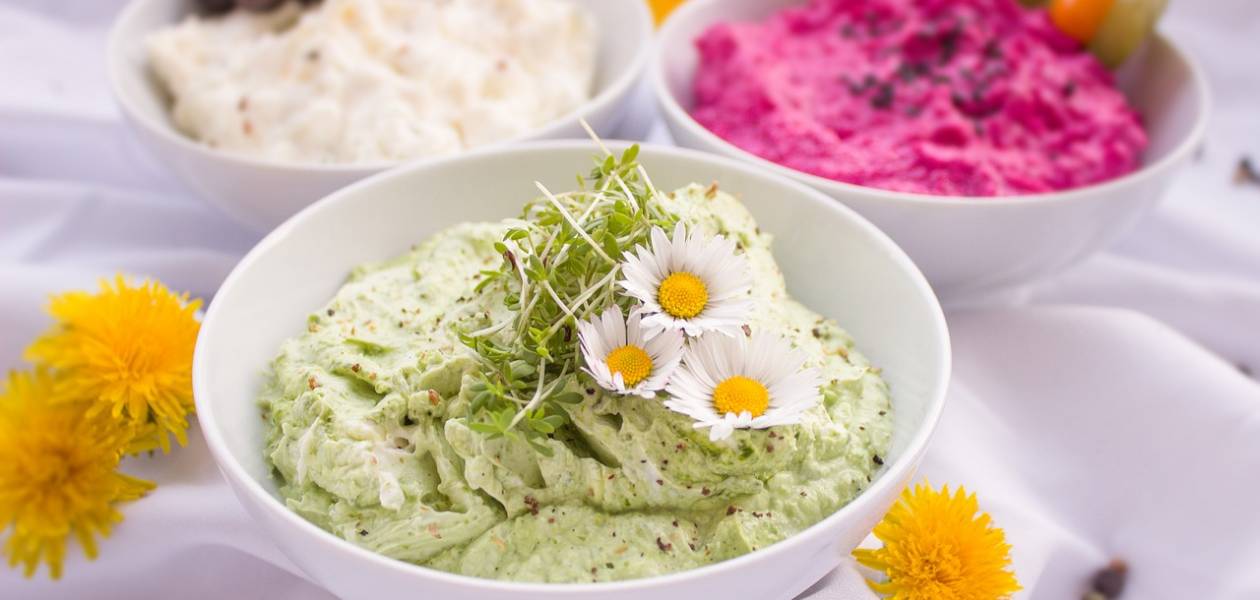
In the vote on its own-initiative report on the European Protein Strategy, MEPs recognised the need to increase plant-based production for human consumption, but failed to address the crucial need to reduce animal numbers, particularly in intensive farming.
Eurogroup for Animals regrets that the Parliament rejected the amendment tabled by a large number of MEPs from different political groups, calling on the Parliament to recognise the need to reduce the production and consumption of animal-sourced protein from intensive farming in the report on the European Protein Strategy.
Around two-thirds of EU agricultural land is used for animal production, and a large proportion goes to producing feed for animals in intensive farming. Moreover, European animal farms have intensified in the last decade.
Russia’s invasion of Ukraine sparked a discussion about EU food security, with the European Commission reviewing its report on the development of plant proteins to improve EU food security, reducing dependence on feed imports and reducing environmental and climate impacts. The biggest threat to long-term food security in Europe is the overconsumption of animal protein, which exceeds national dietary guidelines, planetary boundaries and negatively impacts animal welfare. The science is clear that in order to ensure long-term food security, we need to grow more food for people and less feed for animals on arable land.
We welcome the Parliament’s consideration of animal welfare when it comes to insect farming for food and feed, but are concerned that insect farming is mainly a feed industry with questionable sustainability credentials and that risks sustaining intensive animal farming. We are also concerned about the positive view on methane reducing feed-additives, which are understudied and risk leading to poor animal welfare.
Eurogroup for Animals encourages the European Commission to focus on plant-based protein production for food, not feed, when reviewing its report on the development of plant proteins and to recognise the need to reduce animal numbers in intensive farming. This would support real long-term food security and strengthen Europe’s ability to produce enough food for everyone.
Sources :
- Eurogroup for the Animals
Posted on 2023-10-25 18:14








Comments